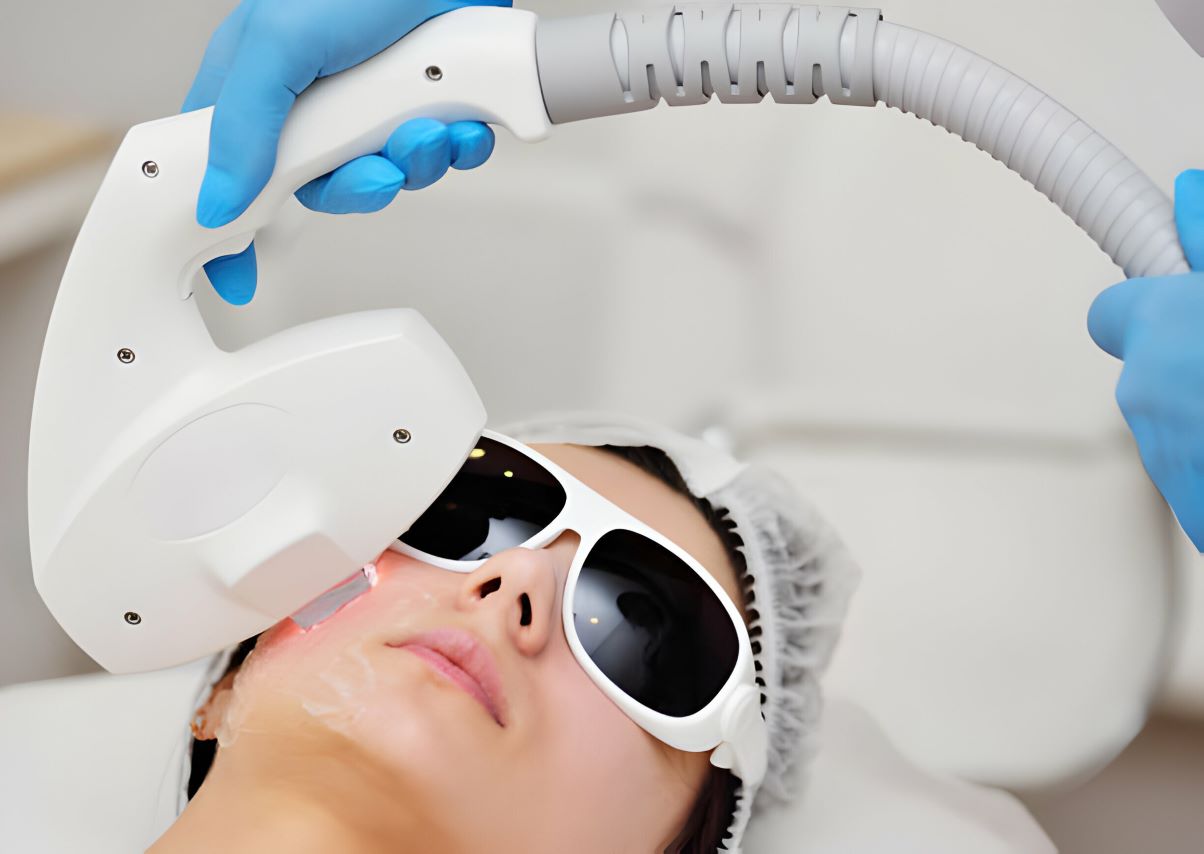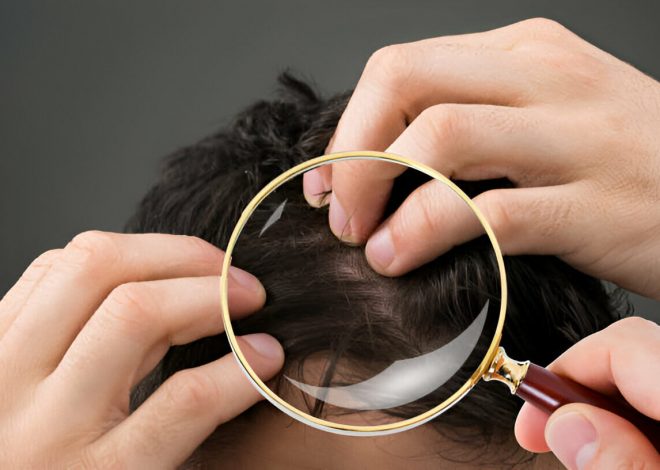
Innovative Insights: Exploring the Role of Technology in Laser Skin Rejuvenation
In recent years, advancements in technology have revolutionized the field of cosmetic dermatology, particularly in the realm of laser skin rejuvenation. This article aims to delve into the innovative insights surrounding the role of technology in enhancing laser skin rejuvenation procedures.
From the evolution of laser devices to the integration of artificial intelligence (AI) and robotics, the landscape of aesthetic treatments has undergone a remarkable transformation.
By exploring these cutting-edge technologies, we can gain a deeper understanding of their impact on improving patient outcomes and reshaping the future of skincare.
Evolution of Laser Devices
The journey of laser devices in dermatology began with the development of ablative lasers,
such as CO2 and erbium lasers, which targeted superficial and deep skin layers to address wrinkles, scars, and pigmentation issues.
While effective, these lasers posed challenges like prolonged downtime and risk of complications. However, technological advancements led to the introduction of non-ablative and fractional lasers, such as the fractional CO2 laser and the erbium glass laser.
These innovations allowed for more precise targeting of specific skin concerns while minimizing downtime. For more information on laser skin rejuvenation services, you can visit Vitality Healthcare Group.
Fractional Laser Technology
Fractional laser technology has been a game-changer in laser skin rejuvenation. By delivering laser energy in a fractionated pattern, these devices create micro-injuries in the skin, triggering collagen production and skin remodeling.

This approach promotes faster healing and reduces the risk of adverse effects compared to traditional ablative lasers. Furthermore, fractional lasers can treat a wide range of concerns, including fine lines, wrinkles, acne scars, and sun damage, making them versatile tools in cosmetic dermatology.
Advantages of Fractional Laser Technology
Fractional laser technology has been a game-changer in laser skin rejuvenation. By delivering laser energy in a fractionated pattern, these devices create micro-injuries in the skin, triggering collagen production and skin remodeling.
This approach promotes faster healing and reduces the risk of adverse effects compared to traditional ablative lasers. Furthermore, fractional lasers can treat a wide range of concerns, including fine lines, wrinkles, acne scars, and sun damage, making them versatile tools in cosmetic dermatology.
Integration of AI and Robotics
The integration of artificial intelligence (AI) and robotics has further enhanced the precision and safety of laser skin rejuvenation procedures. AI algorithms can analyze skin conditions, assess treatment efficacy, and even customize treatment plans based on individual patient characteristics.
This personalized approach ensures optimal outcomes while minimizing the risk of complications. Additionally, robotic-assisted systems offer greater accuracy in laser delivery, allowing for precise targeting of treatment areas with minimal manual intervention.

AI-Powered Skin Analysis
AI-powered skin analysis tools use advanced imaging techniques to evaluate skin quality, identify areas of concern, and simulate treatment outcomes.
By analyzing factors like skin texture, pigmentation, and elasticity, these tools help dermatologists tailor treatment protocols to each patient’s unique needs. Moreover, AI algorithms can predict potential treatment responses, allowing for real-time adjustments during laser procedures to optimize results.
Robotic-Assisted Laser Systems
Robotic-assisted laser systems combine the precision of robotics with the versatility of laser technology. These systems use robotic arms to control laser parameters and target specific areas with unparalleled accuracy.
By automating the treatment process, robotic-assisted systems reduce the margin of error and ensure consistent results across multiple sessions. Patients benefit from safer treatments with minimized downtime and enhanced efficacy, making laser skin rejuvenation more accessible and appealing.
Future Trends and Innovations
Looking ahead, several exciting trends and innovations are shaping the future of laser skin rejuvenation. One such trend is the development of picosecond lasers, which deliver ultra-short pulses of laser energy to target pigment particles and stimulate collagen production.
This technology offers faster results and requires fewer treatment sessions compared to traditional lasers, making it a promising option for patients seeking rapid skin improvement.

Nanotechnology and Drug Delivery
Nanotechnology is also poised to revolutionize laser treatments by enabling targeted drug delivery systems. Nanoparticles loaded with therapeutic agents can penetrate deep into the skin, enhancing the effects of laser therapy and promoting tissue regeneration. This approach opens up new possibilities for treating complex skin conditions and achieving long-lasting rejuvenation results.
Virtual Reality (VR) Integration
Another emerging trend is the integration of virtual reality (VR) technology into the patient experience. VR headsets can immerse patients in relaxing environments during laser procedures, reducing anxiety and discomfort.
This not only improves the overall treatment experience but also enhances patient satisfaction and compliance with skincare regimens.
Conclusion
Innovative insights into the role of technology in laser skin rejuvenation highlight the transformative impact of advancements in the field of cosmetic dermatology.
From the evolution of laser devices to the integration of AI, robotics, nanotechnology, and VR, these technologies are reshaping the way we approach skincare treatments.
By leveraging these innovations, dermatologists can deliver safer, more effective, and personalized solutions that meet the diverse needs of patients worldwide.
As technology continues to evolve, the future of laser skin rejuvenation holds immense promise for achieving radiant, youthful-looking skin with minimal downtime and maximum satisfaction.


